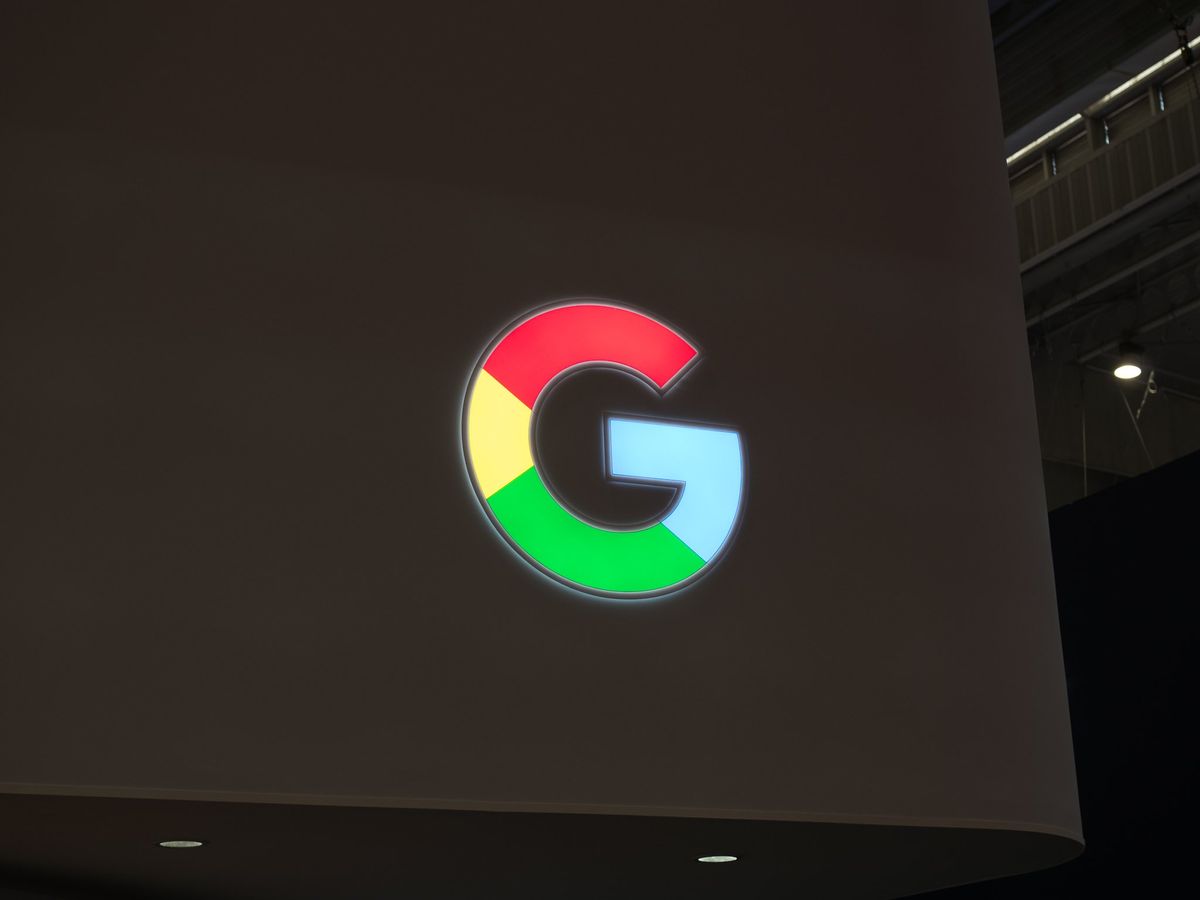CyberPanda
Banned
Alphabet Inc.'s Google subsidiary is reportedly the target of an antitrust investigation by the US Justice Department, according to the Wall Street Journal.
The full report is behind a paywall, but the summary notes that Google will be scrutinized for its dominating search platform and other businesses.
Google has been under a bit of pressure in this area, particularly in the EU. The EU has leveraged several fines against Alphabet Inc., including a whopping 4.34 billion euros (4.86 billion dollars) penalty for blocking rival software on its dominant Android platform. The EU is also investigating Alphabet Inc. for practices pertaining to local search results and Google Adsense, both of which maintain dominant positions in their respective markets. The EU is reportedly also investigating Google's mapping technologies, among other things, potentially preparing further antitrust cases against the search giant.
In the late 90s, Microsoft was famously slapped by the US Department of Justice and the EUfor its own antitrust violations, which led to the "Choose your browser" pop-up in older operating systems, alongside a range of other rules Microsoft had to follow.
Microsoft fans should be no stranger to Google's generally anti-competitive behavior over the years, refusing to allow Microsoft to develop Google apps like YouTube for the Windows Phone operating system citing ridiculous reasons. There's also reason to think Google is arbitrarily blocking features in the Chromium version of Microsoft Edge, sporting an "Edge blacklist" that disables compatibility on seemingly on a whim.
While the back-and-forth with Microsoft has been relatively petty, if the US Department of Justice finds that Google has been unfairly leveraging its dominant positions in search and other businesses to stifle competition, it could lead to severe consequences for the tech giant.

The U.S. Justice Department is reportedly investigating Google for antitrust violations
This is so sad. Hey Cortana, play Despacito.
 www.windowscentral.com
www.windowscentral.com
